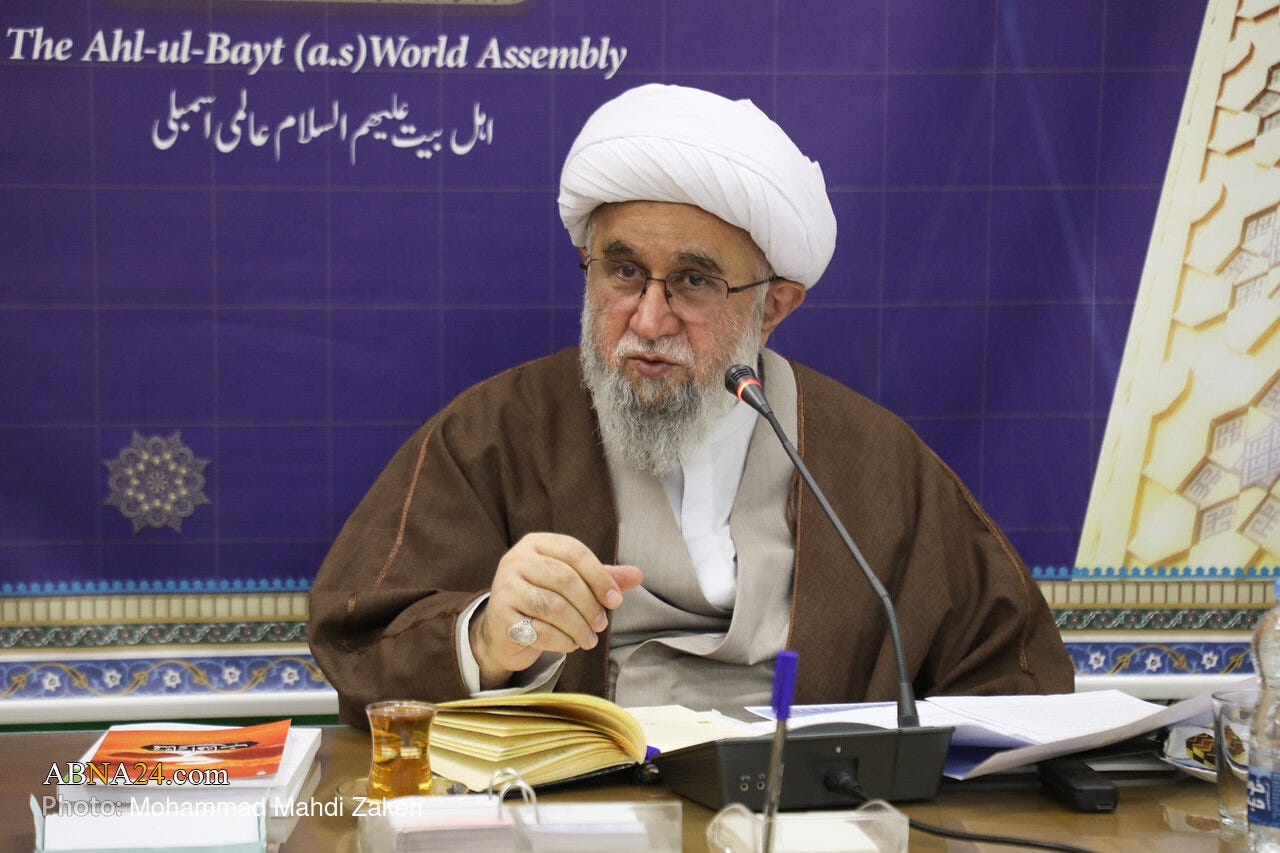The Heart of Islam: Dignity, Justice, and Standing Against Oppression
Ayatollah Ramazani explains the core teachings of Islam in a clear and powerful way
Ayatollah Reza Ramazani recently spoke to a group of scholars and students at the Bright Future Institute, where he shared what he believes are the key principles of Islam. His message was simple but deep: Islam is based on dignity, justice, and a strong rejection of any kind of oppression.
He explained that the Holy Qur’an teaches us two things we must always support — human dignity and justice — and two things we must always avoid — being an oppressor, and accepting oppression from others.
According to Ayatollah Ramazani, every human being is born with dignity. It’s not something people give you because of your wealth, position, or background — it’s something God gave you just because you’re human. This dignity should shape how we treat others and how society is built.
He said that justice is the natural result of dignity. If we truly believe everyone is valuable, then we will build fair systems, protect rights, and make sure no one is treated badly.
On the other hand, he strongly said that Islam does not allow people to oppress others — and just as importantly, it also does not allow people to accept being oppressed. He gave examples from the life of the Prophet Muhammad (peace be upon him) and his companions, who were kind and gentle, but firm and strong when they saw injustice.
He also reminded the audience that Islam teaches us a rule that exists in many religions: “Love for others what you love for yourself.” This golden rule is a foundation of good character and social harmony.
Finally, he spoke about the wider meaning of the Muslim community (ummah). It’s not just about Muslims — during the Prophet’s time, Jews and Christians were also treated as part of the community. This shows that Islam cares about justice and respect for everyone, not just for Muslims.
In simple words, Ayatollah Ramazani’s message is that Islam is a religion that honours every human being, calls for fairness, and tells us to stand up against all forms of injustice — whether we face it ourselves or see it happening to others.
Source: ABNA


